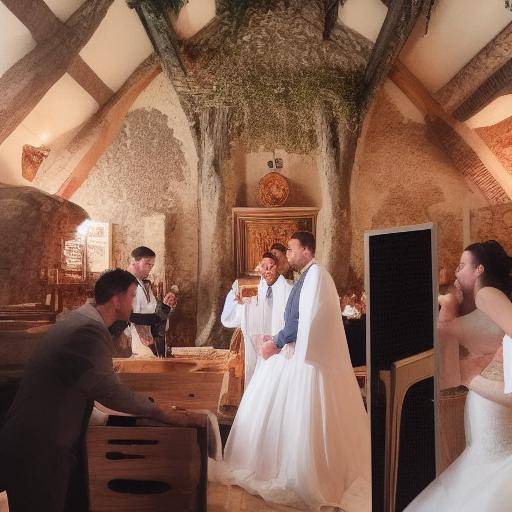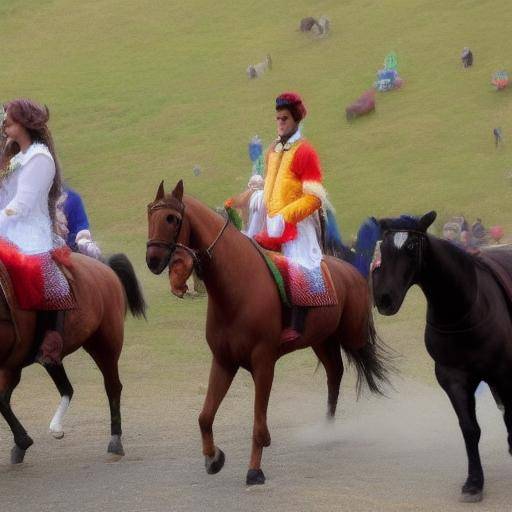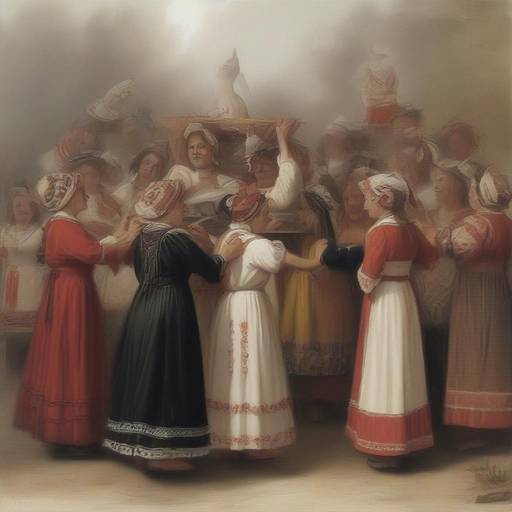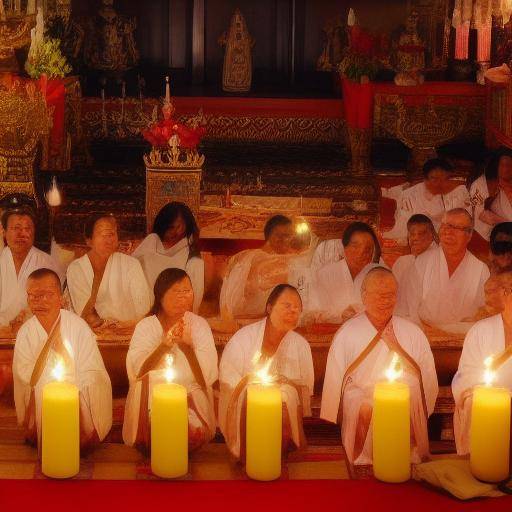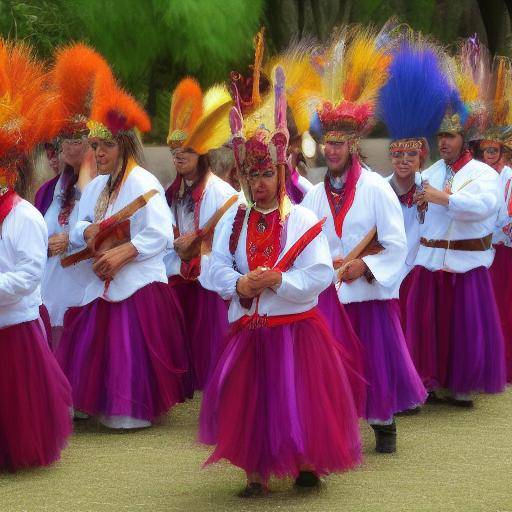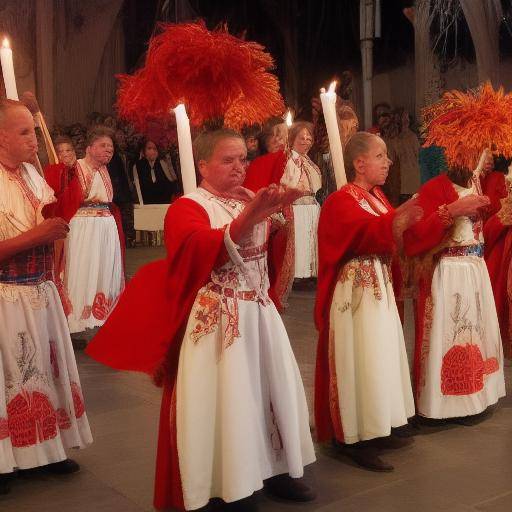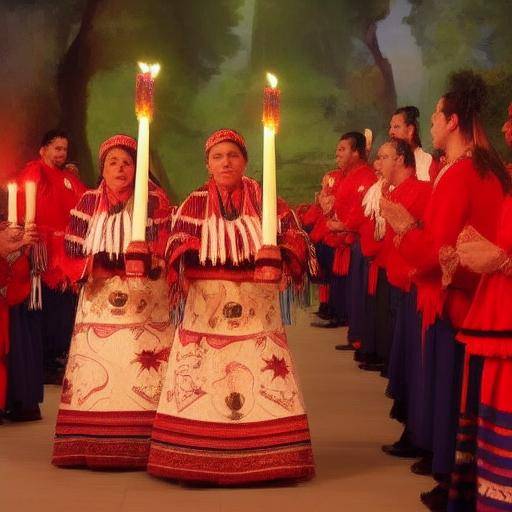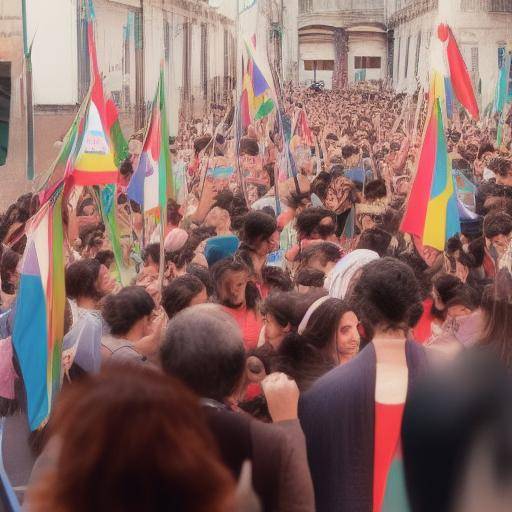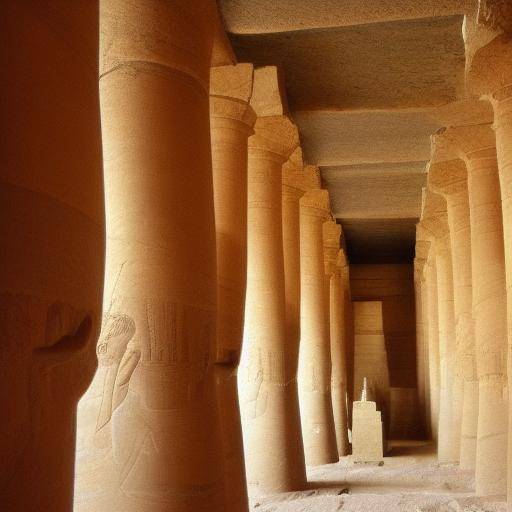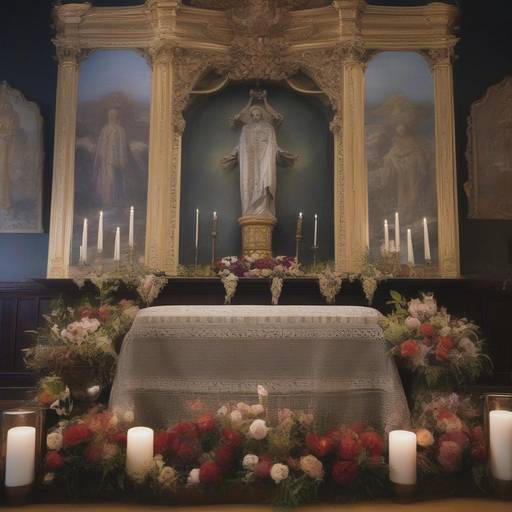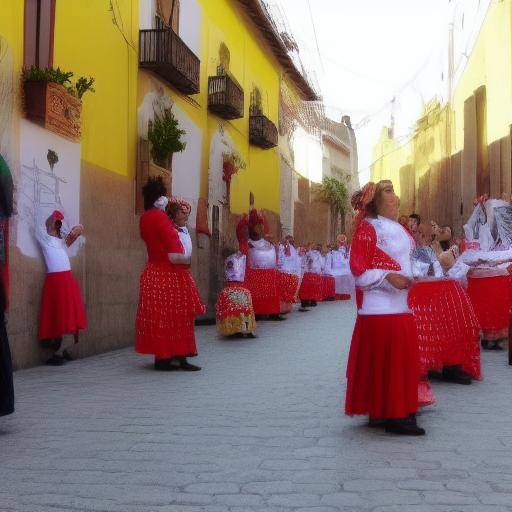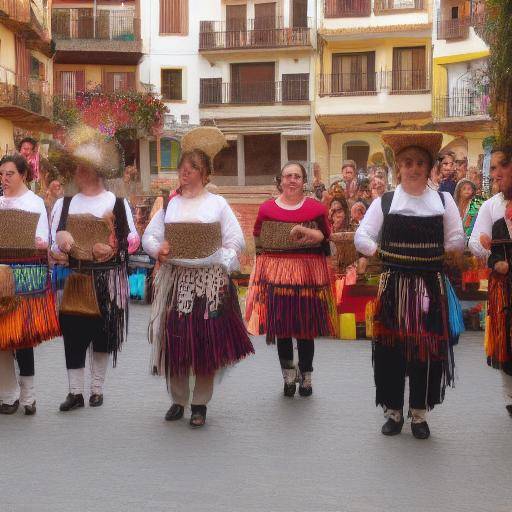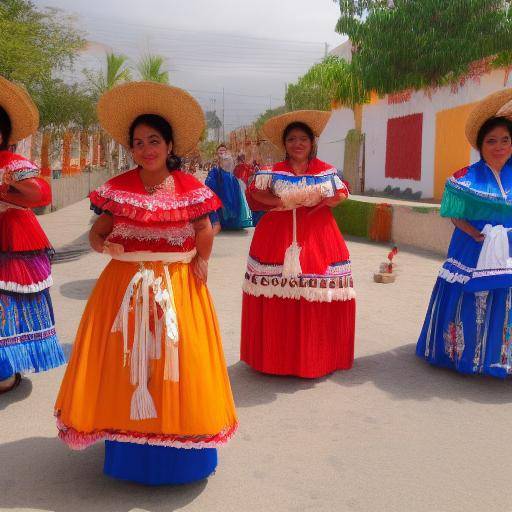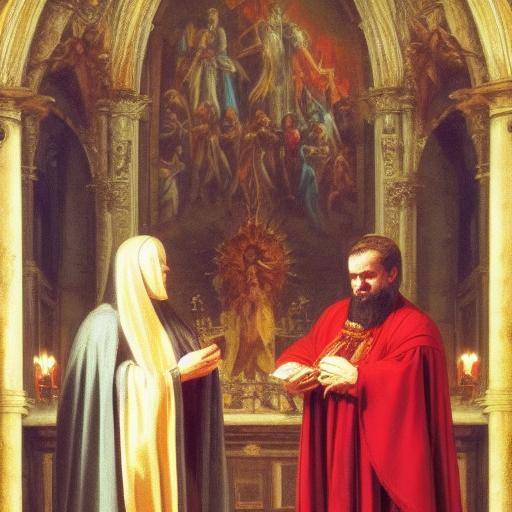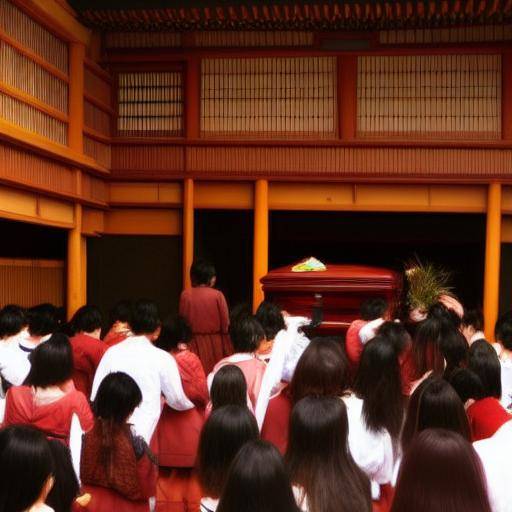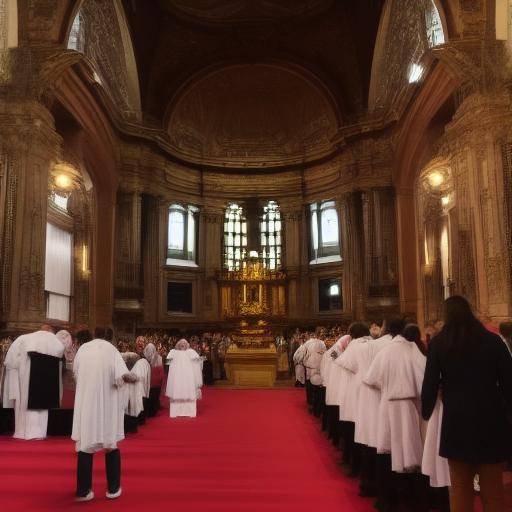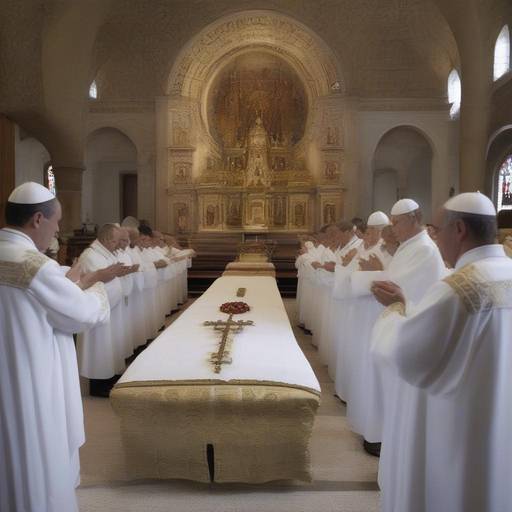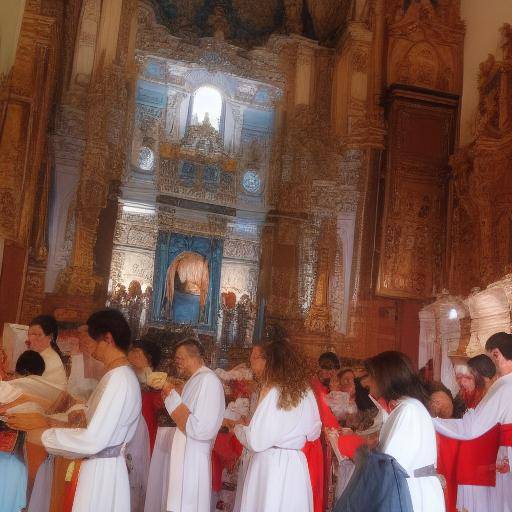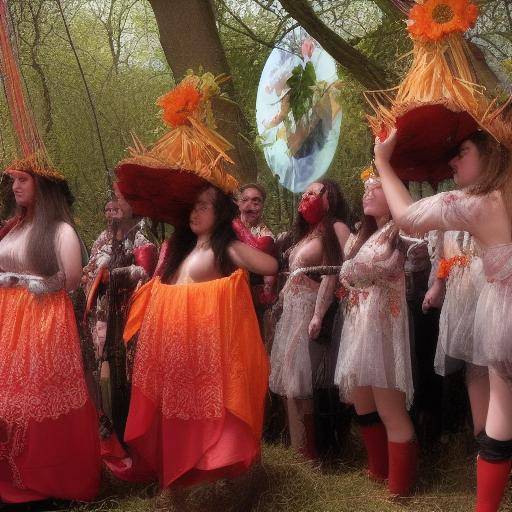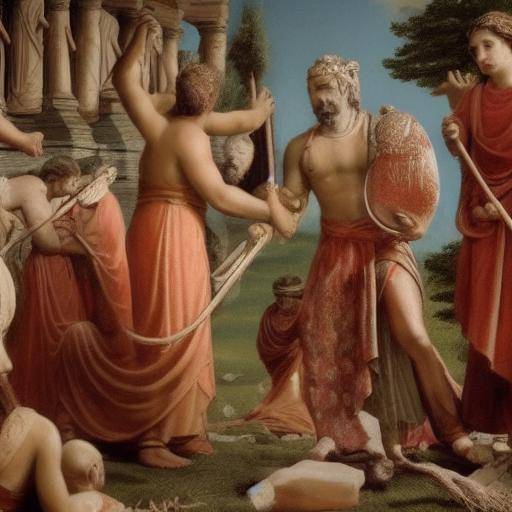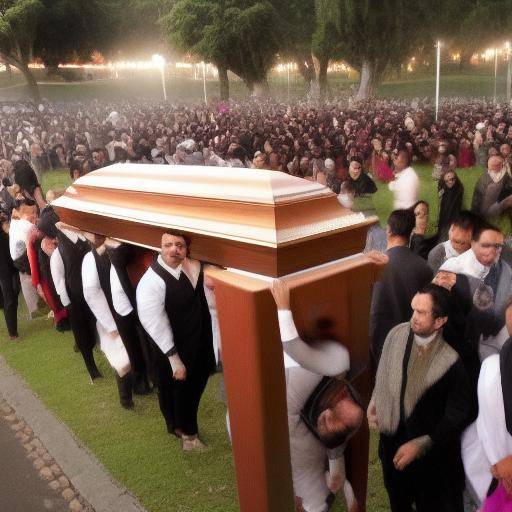
Introduction
Funeral rituals are a crucial component in all cultures, representing the connection between the living and the dead, as well as the transition of the individual to an existence beyond earthly life. In particular, Hindu culture stands out for its rich heritage of funeral rituals rooted in spirituality, symbolism and ancestral traditions. This article offers a deep exploration of funeral rituals in Hindu culture, from its history and evolution to its contemporary approach, together with comparative analysis and predictions of future trends.
History and Background
Funeral rituals in Hindu culture have ancestral roots dating back to millennia. From the Hindu epopeyas, such as Ramayana and Mahabharata, to the sacred scriptures such as the Vedas and the Puranas, the importance of funeral rituals is evident as an act of honor to the deceased and a means of facilitating their transition to the beyond. Over the centuries, these rituals have experienced significant evolutions, adapting to different currents and preserving their original essence.
The Vedic period marked the emergence of funeral rituals called "Antyeshti", which were designed with specific mantras and ritual offerings to honor the soul of the deceased. These rituals, intrinsically linked to a worldview that embraces the idea of reincarnation and the cycle of life, death and rebirth, have persisted through the ages, instilling a deep sense of connection with the divine and the transcendental.
Analysis in Deep
At present, funeral rituals in Hindu culture have experienced a complex trajectory, adapting to the challenges of modernity without compromising its profound spiritual significance. As the Hindu diaspora expands globally, the practice of these rituals has acquired new nuances, nourishing itself from cultural diversity while clinging to its foundations.
Hindu funeral rituals, imparting wisdom that transcends the moment of death, offer comfort to the afflicted. From ceremonial cremation to the veneration of the ancestors, these rituals honor the inherent duality of life and death, celebrating the continuity of existence through the eternal essence of the soul. The adoption of modern technologies, such as the cremation rooms equipped with ecological facilities, has coexisted with the preservation of traditional methods, showing the ability of Hindu culture to adapt without losing its essence.
Comprehensive review
Funeral rituals in Hindu culture exemplify a deep understanding of the cycle of life and death, as well as an veneration towards spiritual transcendence. By exploring their different approaches, from funeral rites to mourning and reminder practices, a wealth of wisdom is revealed through generations.
Comparison and Complementary
Funeral rituals in Hindu culture are distinguished by their emphasis on the eternal essence of the soul and conviction in reincarnation, contrasting with some Western practices that focus on final farewell and rest in peace. However, both approaches share the objective of providing comfort and honour to the deceased, demonstrating the diversity of perspectives on death and transcendence.
Practical Tips and Accessible Advice
In facing the organization of funeral rituals in Hindu culture, it is essential to understand the spiritual and cultural foundations that underlie each step. From the selection of appropriate rituals to the handling of family duel, these rituals demand sensitivity, knowledge and respect. To be sure to consult spiritual leaders or experts in Hindu funeral traditions can provide a solid basis to honor the deceased in a meaningful and respectful way.
Industrial Perceptions and Expert Reviews
Experts in anthropology, religion and spirituality highlight the importance of funeral rituals in Hindu culture as a testimony of the spiritual depth and ability of traditions to evolve in harmony with times. His holistic approach to death and transcendence offers valuable lessons on the essence of life and the impact of beliefs on the practice of funeral rituals.
Case Studies and Real Life Applications
Funeral rituals in Hindu culture have transcended geographical boundaries, forming a link between generations and scattered communities. From private ceremonies in the home to community rituals in temples and ashrams, these rituals remain a manifestation of family unity and spiritual connection, spreading throughout the world.
Future Trends and Predictions
As globalization and demographic change impact the practice of funeral rituals in Hindu culture, they are expected to continue to evolve in ways that reflect contemporary diversity and progress. The integration of eco-sustainable practices, the digitization of genealogical records and the adaptation of ceremonies for a multicultural audience could define the future of Hindu funeral rituals, keeping their spiritual essence as they embrace modernity.
Conclusion
Funeral rituals in Hindu culture encapsulate a deep reverence for life, death and transcendence, offering timeless teachings about the ephemeral and eternal nature of human existence. Its evolution over the millennia reflects the capacity of Hindu culture to integrate ancestral wisdom with contemporaneity, creating a tapestry of meaning that transcends borders and generations.
Frequently Asked Questions about Funeral Rituals in Hindu Culture
**1. What are the traditional funeral rituals in Hindu culture?**Traditional funeral rituals include cremation, followed by ceremonies such as Shraddha, where ritual offerings are made to honor the deceased and feed the ancestors.
**2. What is the role of cremation in Hindu funeral rituals?**The cremation is considered as a means of freeing the soul from the reincarnation cycle and allowing its transcendence to the spiritual world.
**3. How does the duel take place in Hindu culture?**The duel is manifested through periods of mourning, followed by commemorative ceremonies and periodic rituals to honor the ancestors.
**4. What is the spiritual importance of funeral rituals in Hindu culture?**Funeral rituals serve as an expression of respect for past life, a means to bring comfort to the living and a reminder of eternal connection with the ancestors.
**5. How have Hindu funeral rituals evolved in the contemporary era?**The incorporation of modern technologies, together with the adaptation to global trends, has led to an evolution in funeral rituals, maintaining their spiritual essence while adjusting to current needs.
**6. What is the impact of the Hindu diaspora on Hindu funeral rituals?**The Hindu diaspora has inculcated trends of cultural fusion, nurturing Hindu funeral rituals with contemporary perspectives and local adaptations, consolidating its relevance in a global context.
This article offers a deep and balanced look at funeral rituals in Hindu culture, revealing its structure, meaning and evolution through the eras. Through this understanding, the appreciation for the spiritual and cultural richness that permeates these millennial practices is strengthened, highlighting its relevance in the Hindu worldview and the global panorama of funeral rituals.
Remember that funeral rituals in Hindu culture embody a deep reverence for life, death and transcendence, offering timeless teachings about the ephemeral and eternal nature of human existence. Its evolution over the millennia reflects the capacity of Hindu culture to integrate ancestral wisdom with contemporaneity, creating a tapestry of meaning that transcends borders and generations.






